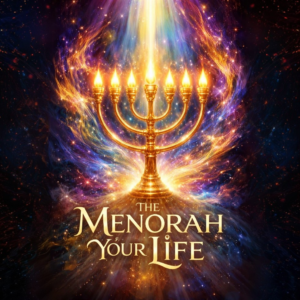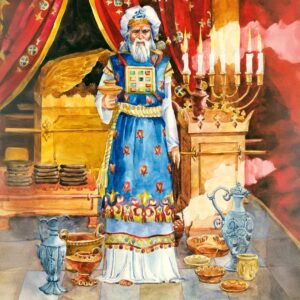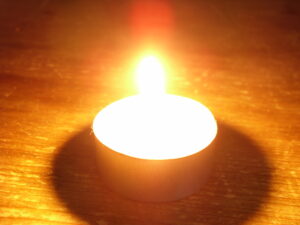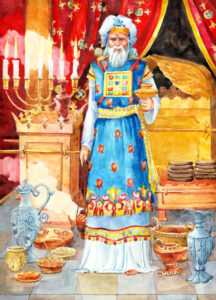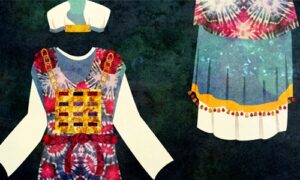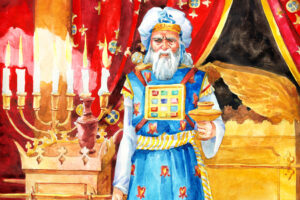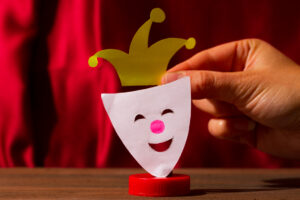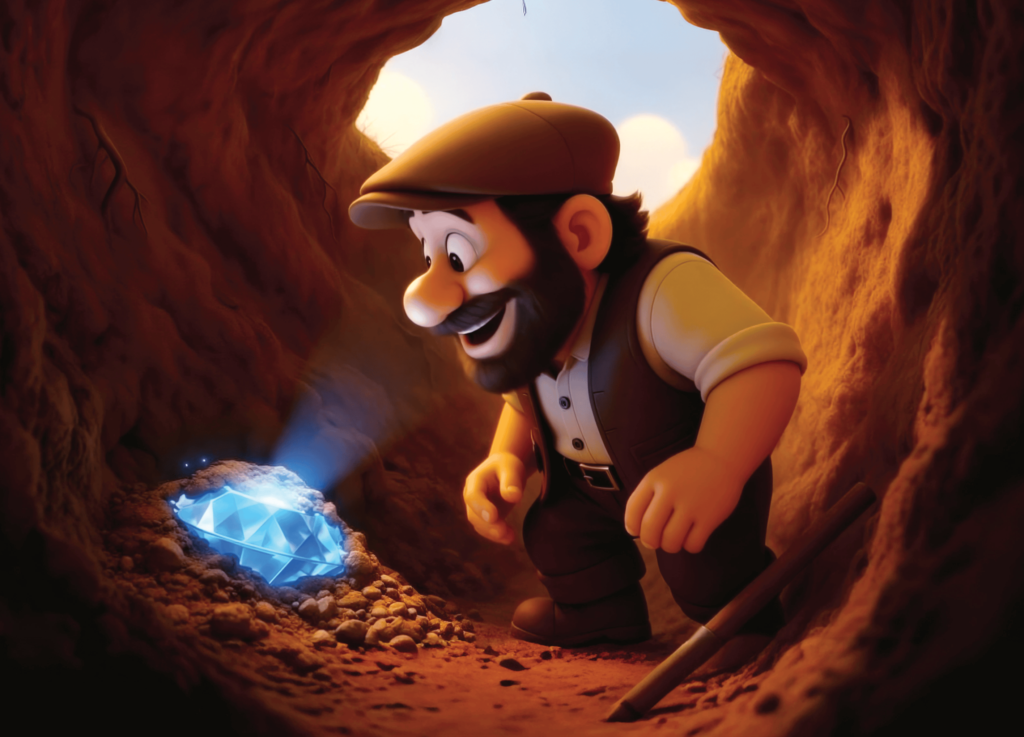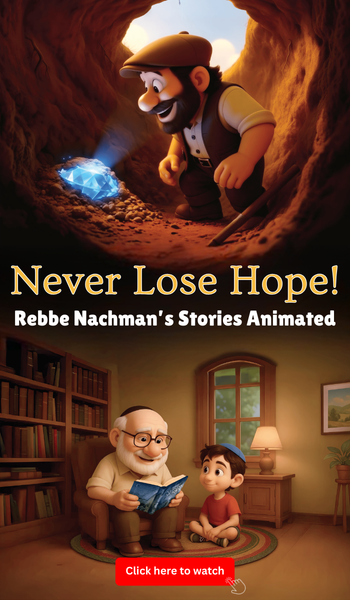Dvar Torah for Parshat Vayeitzei
Based on Rebbe Nachman’s Wisdom #92
The Midrash (Kohelet Rabbah 9:11) teaches: Yesterday, “[Yaakov] rolled the stone off the well” (Bereishis 29:10). Today, “[his] sons carried Yaakov to Egypt” (ibid. 46:5).
Rebbe Nachman once commented that an average human lifespan of seventy to eighty years consists of three periods: growth, stability (the “prime of life”) and decline.
Rebbe Nachman—who passed away in his 39th year after suffering from tuberculosis for three years—offers a heads-up: Don’t expect to stay the same throughout your life. We all know this, but we aren’t prepared for the downside. We’re accustomed to growth, not decay. For the first two-thirds of life, we grow stronger and more capable, and then enjoy those strengths. It’s only in the last third that we may start asking people to repeat themselves (a little louder, please!) or reach for a cane.
But decay and decline—and death—are parts of life. To spare ourselves grief and despair—and to ensure our Jewishness gets stronger even as the body weakens—we must have a strategy, a Torah, for dealing with decline before it arrives. We need to adopt a positive perspective. Instead of focusing on what decline takes away, we must ask: What does it give? (This is not a far-fetched idea. Just as early maturation in the womb and childhood prepares us for later stages in life, so too does later-stage maturation.)
This perspective helps us navigate physical losses. For example, losing mobility (no more driving, jogging or walking) can feel like a loss of independence. But it also prepares us for the future—for life in the very cramped space of the grave (Rebbe Nachman’s Wisdom #51). A gradual slowing-down makes the transition easier and allows us time to focus on making amends and arrangements as needed.
However, infirmities are not always the most problematic issue. Often, there are ways to compensate or assistance to be had. The loss of identity can be a greater challenge. If I can’t do/have X, then who am I? Rebbe Nachman’s parable about the farmer who found and lost a diamond teaches that the “diamond” we lose was never truly ours if it can be taken away. Recognizing that powers and possessions inevitably fade prevents us from basing our identity on them, sparing us existential anguish.
agutn Shabbos!
Shabbat Shalom!
© Copyright 2024 Breslov Research Institute
- 0 comment


